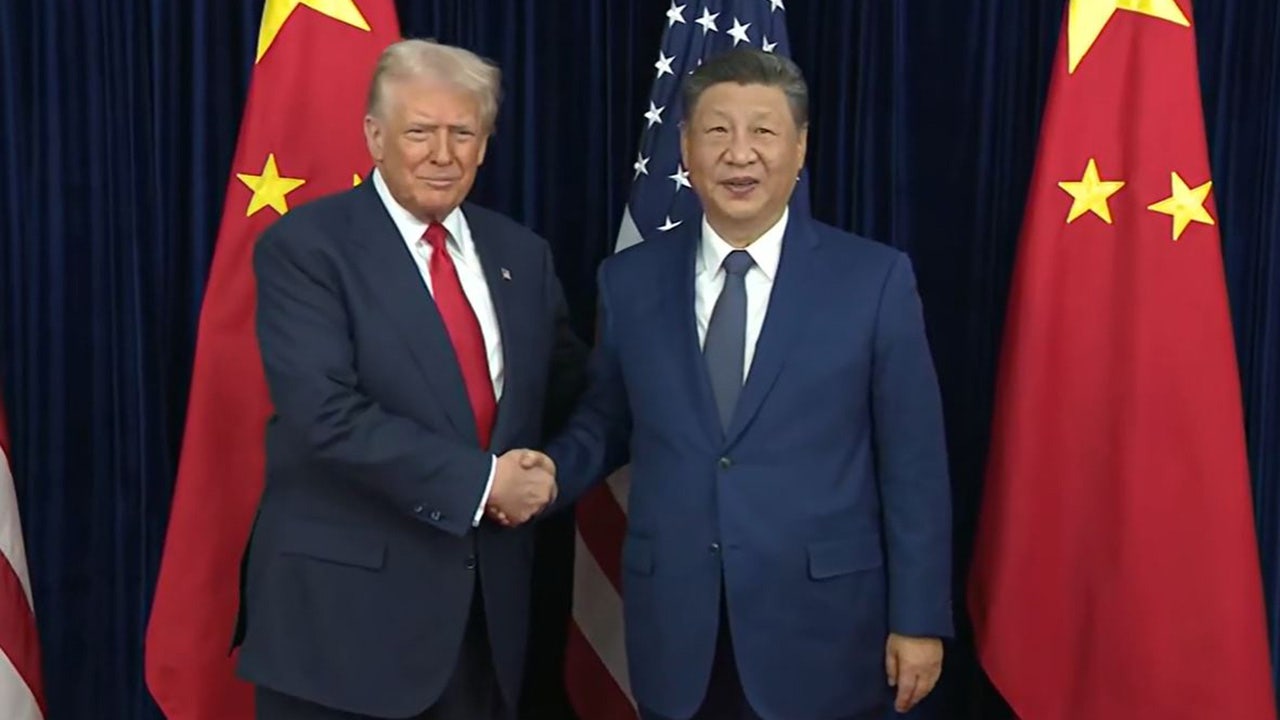The Department of Justice (DOJ) announced Tuesday it is banning preferred pronouns from employee’s email signatures, according to a memo obtained by the Daily Caller.
The memo outlines the DOJ’s new guidance issued in accordance with President Donald Trump’s executive order titled “Defending Women from Gender Ideology Extremism and Restoring Biological Truth to the Federal Government.” (RELATED: EXCLUSIVE: Diversity Training Teaching Law Enforcement To Not Say ‘Tranny’ Or ‘Shemale’ Removed From DOJ Website)
“In pursuit of its law and order agenda each day, the Department deals with facts,” the DOJ memo stated.
Trump DOJ directs employees to cease using preferred pronouns starting August 25 @WashTimes @DAGToddBlanche pic.twitter.com/LUfWSGIsY6
— Alex Swoyer (@ASwoyer) August 12, 2025
“To maintain the public trust, the Department’s communication must therefore reflect reality. The Department thus has an interest in ensuring that all employee’ official internal and external communication follow a consistent form, oriented towards the mission of the Department,” the memo stated.
The DOJ stated one way to support the goal of building “public trust” is by implementing consistent formatting for email communications.
Specifically, having standardized email signature templates helps ensure that recipients can easily find key contact details and encourages a more uniform, professional appearance across the department.
“Signature blocks should not include extraneous declarations and certainly should not include content at odds with announced administration policies,” the memo stated.
The memo outlines a standardized email format that excludes any section for preferred pronouns.
Instead, it states that the “signature block may include an appropriate combination” of the employee’s name, office, job title, email address, office location and room number, office phone number, cell number and DOJ logo. (RELATED: ‘Do Not Respond’: Trump Press Sec Confirms They Ignore Reporters With Pronouns In Email Signatures)
BREAKING: DOJ releases new guidance explaining that DEI programs — and even proxies such as “overcoming obstacles” stories and DEI statements — violate the law if they discriminate based on protected characteristics.
The memo lists “best practices” for avoiding legal issues.
— Steve McGuire (@sfmcguire79) July 31, 2025
The policy also allows the inclusion of a classified email address, if applicable.
It also offers three template options, combining the listed information, to help employees appropriately format their email signatures.
Read the full article here










